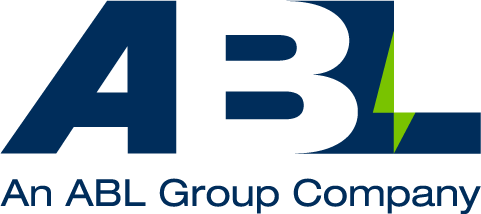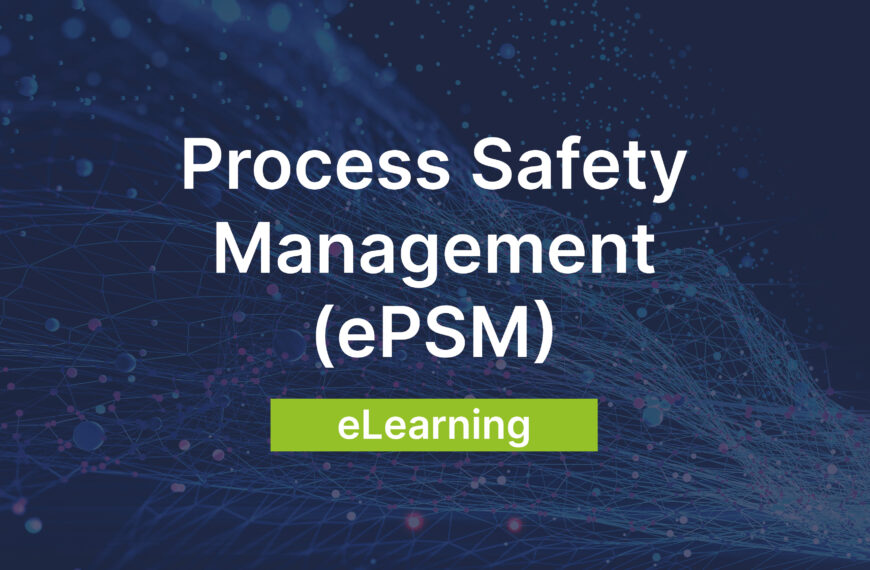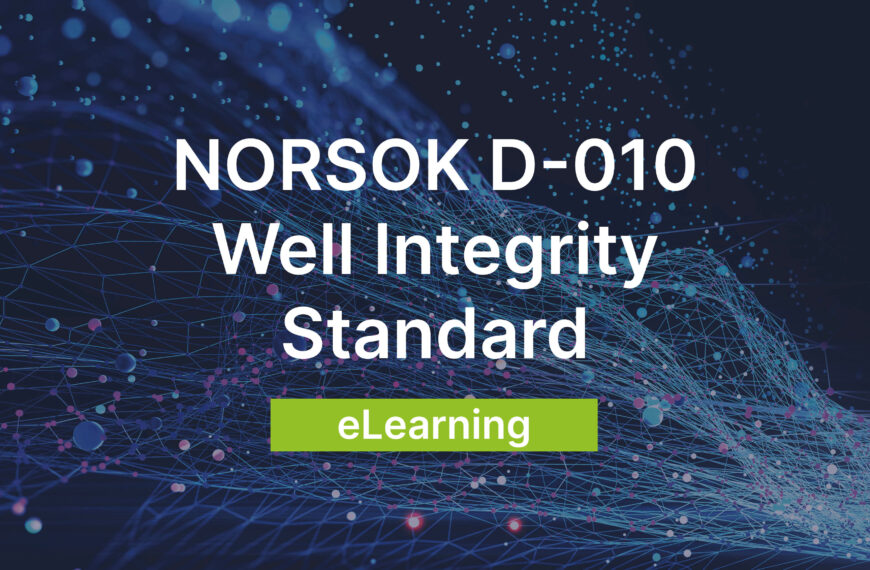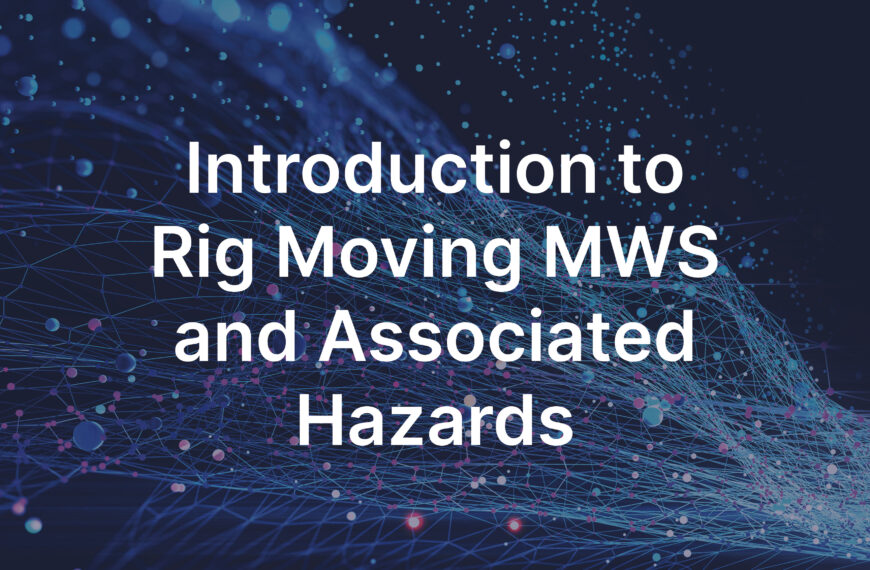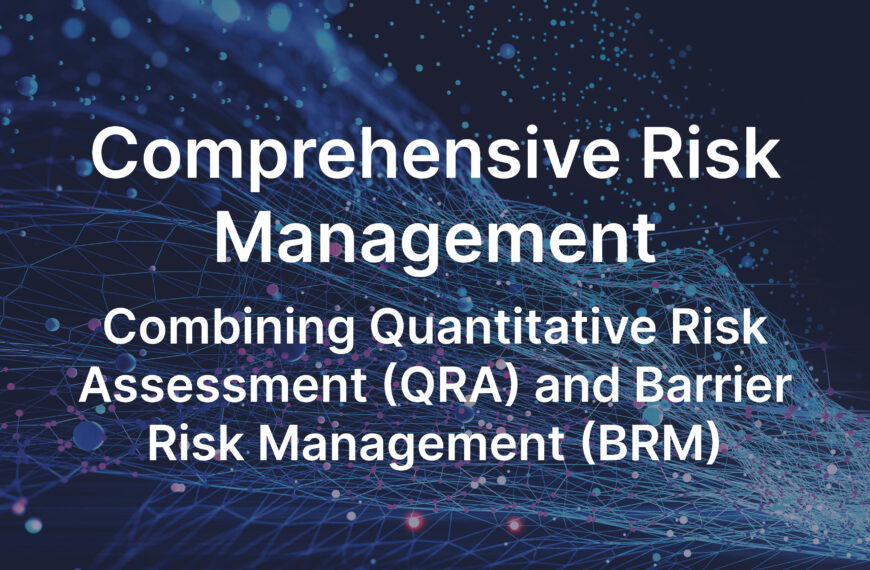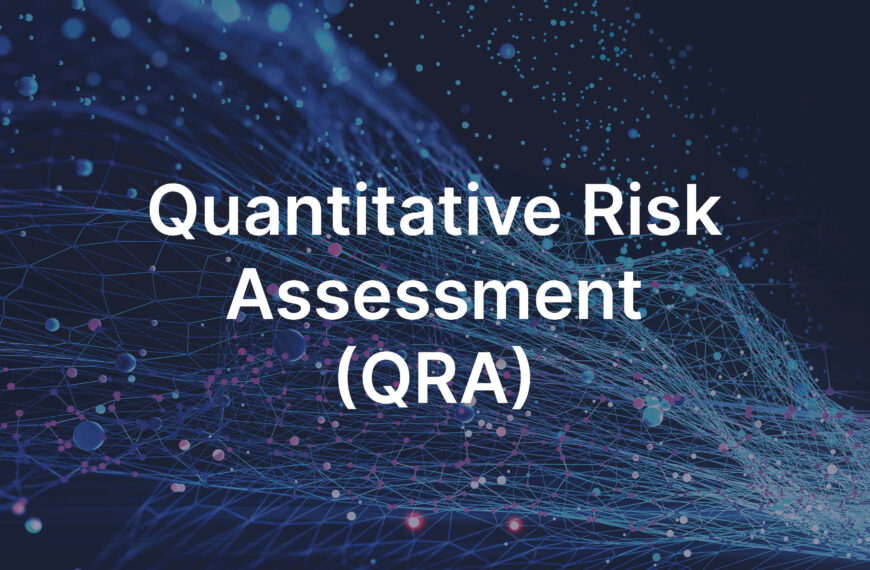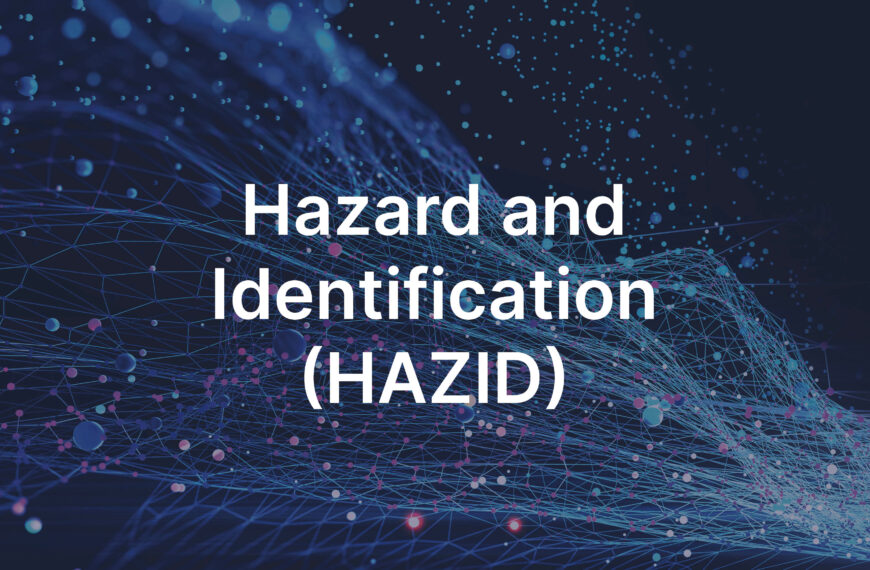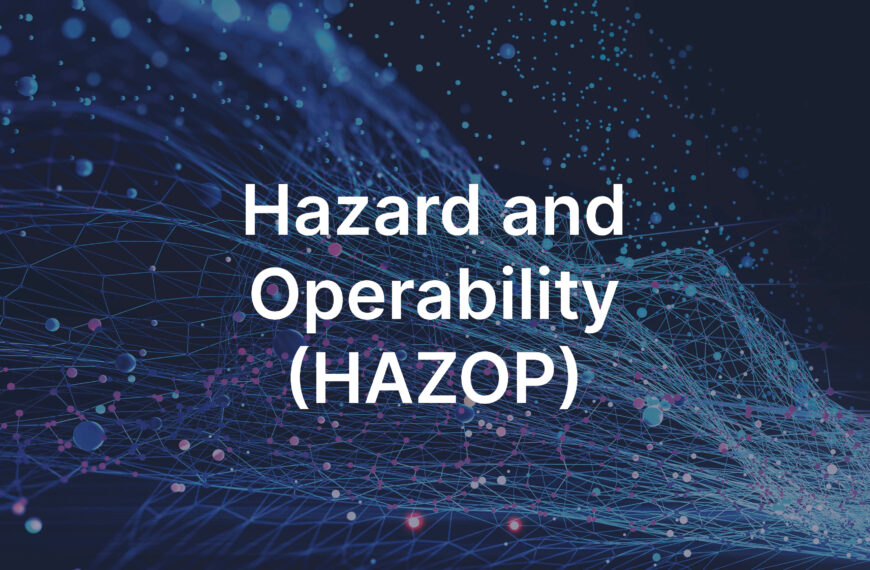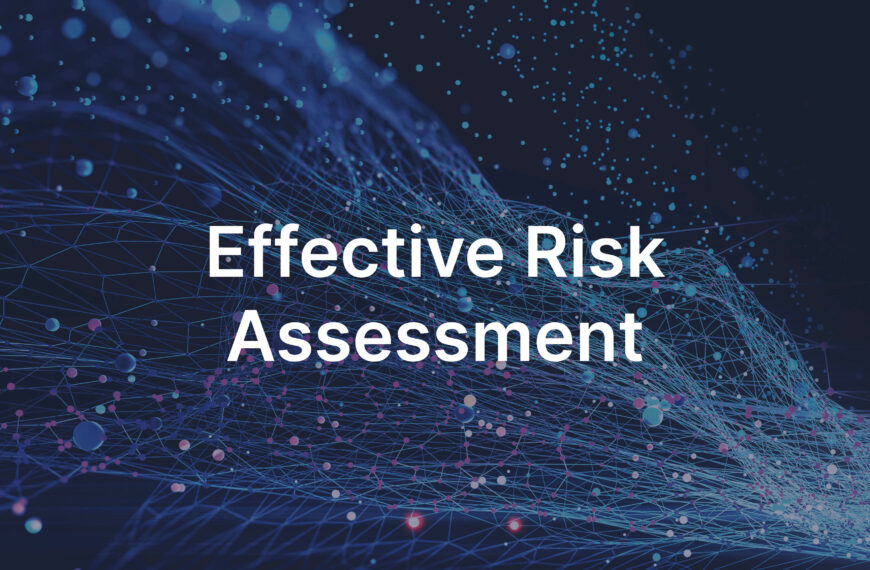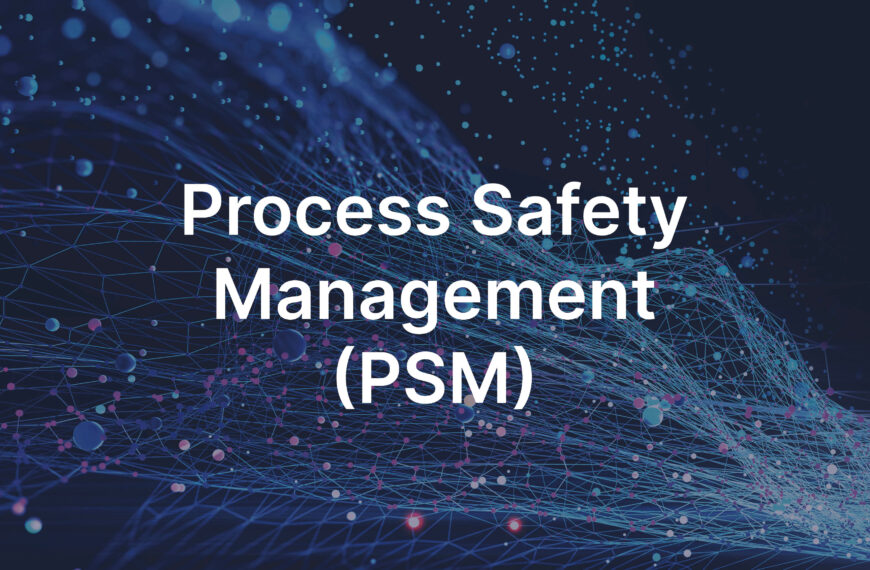
Reach and maintain high performance standards with our range of in-house courses designed to enhance the knowledge and skills of your workforce.
ABL offers a range of in-house training courses tailored to different levels in an organisation, from senior management to front line workers, delivered both virtually and in-person by subject matter expert instructors.
Upskilling your workforce and filling competency gaps will enable safe and efficient operations, resulting in increased productivity, reduced risk of incidents, and enhanced overall performance for your organisation.
Do you face any of the following challenges?
Knowledge gaps
Quite often, our customers will experience skills gaps as a result of experienced personnel leaving the team. This can result in increased exposure to risk and additional costs for a business.
Uncertainty around ROI
Businesses can sometimes be reluctant to invest without knowing how it will benefit the business and the employee – leading to lack of investment because there isn’t a clear projection of the return on investment (ROI).
Building a business case
A lack of awareness of the existing competency profiles and levels within an organisation and the subsequent risk this poses to a business can make it difficult to secure a budget internally for learning and development.
Performance issues
A lack of investment in training may save you money in the short term, however it can lead to performance expectations not being met, increase in the business risk profile and expensive business inefficiencies.
eLearning courses
Process Safety Management (ePSM) – eLearning
NORSOK D-010 Well Integrity Standard
Relief Well Planning
In-house courses
Introduction to Mooring Systems and Analyses
Introduction to Rig Moving MWS and Associated Hazards
Comprehensive Risk Management: Combining Quantitative Risk Assessment (QRA) and Barrier Risk Management (BRM)
As Low As Reasonably Practicable (ALARP)
Barrier Management
Quantitative Risk Assessment (QRA)
Hazard and Identification (HAZID)
Hazard and Operability (HAZOP)
Effective Risk Assessment
Process Safety Management (PSM)
Competency services
Port Marine Personnel Competency Framework
How ABL Training will help
Subject matter expert instructors
Offer a cost-effective and proven solution to enhancing the knowledge and skills of a workforce.
Conduct competency gap assessments
Identify risk and determine where investment should be made to assure ROI.
Verified results
We verify learning through instructor-led testing and assignments to assure merit.
Tailored for different levels
To enhance the relevance and the overall learning experience for different parts of your organisation.
Customised learning
We can develop certain learning materials to suit your individual company standards, procedures, and local regulations.
Learning roadmaps
We can identify future knowledge requirements and develop roadmaps to avoid loss of experience and skill
“A diverse knowledge base from facilitators, interactive, good life examples, a good level of discussion, and a good level of flexibility in discussing organisational issues.”
Maintenance Manager, Netherlands
